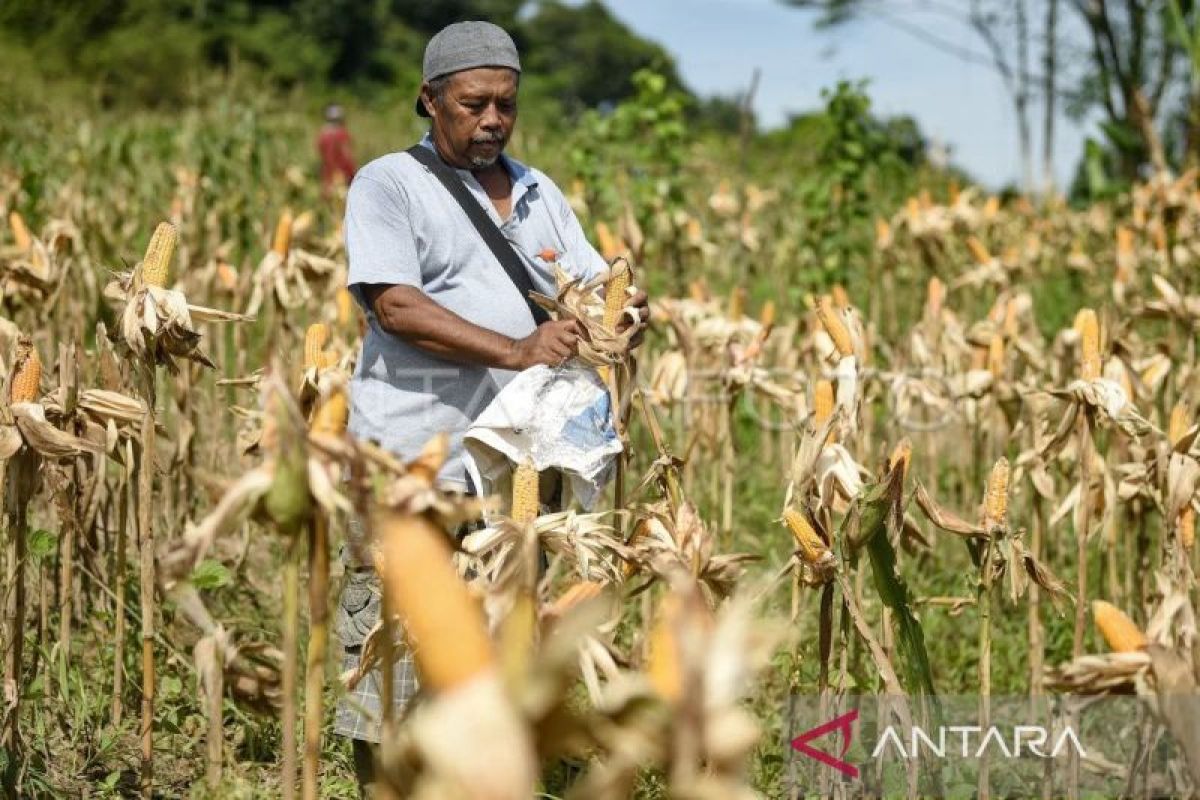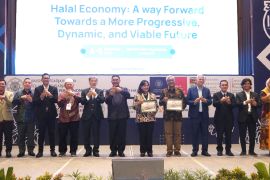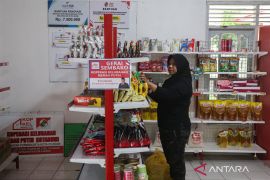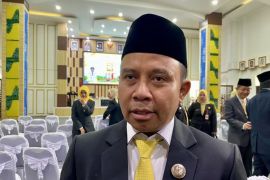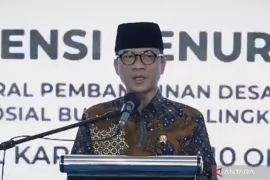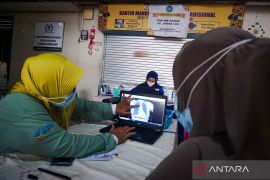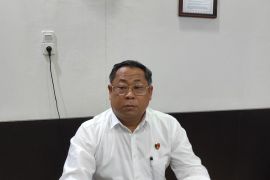Minister of Villages and Development of Disadvantaged Regions Yandri Susanto said the funding should be used effectively.
"We will monitor and evaluate the use of the funding," he stated during a coordination meeting for the food sector, according to a statement released on Wednesday.
The allocation details are outlined in a ministerial regulation, which mandates that at least 20 percent of village funds be dedicated to food security initiatives.
Susanto said that achieving food self-sufficiency has become one of his ministry's priorities.
Among the 12 priority actions of the ministry, local village food security ranks second, after the top priority of revitalizing village-owned enterprises to support the government's free nutritious meals (MBG) program.
"In our 12 action plans, we have included food self-sufficiency through local village food security measures, such as village food barns, in accordance with the national long-term development plan," Susanto explained.
He emphasized that, in addition to allocating village funds and prioritizing actions, collaboration is essential to achieving food self-sufficiency.
He stated that related ministries and institutions, as well as stakeholders at the provincial, district, sub-district, and village levels, can participate in implementing the program.
The ministry is currently drafting a module for implementing food security programs in villages based on their key commodities.
"For example, rice villages, corn villages, and other thematic villages. Hopefully, the module will be ready before the launch of the thematic villages on January 15," Susanto remarked.
Related news: Food sufficiency could save US$5.2 bln in forex: govt
Related news: Indonesian govt raises rice, corn prices to help achieve food security
Translator: Tri Meilani, Resinta Sulistiyandari
Editor: Anton Santoso
Copyright © ANTARA 2025
